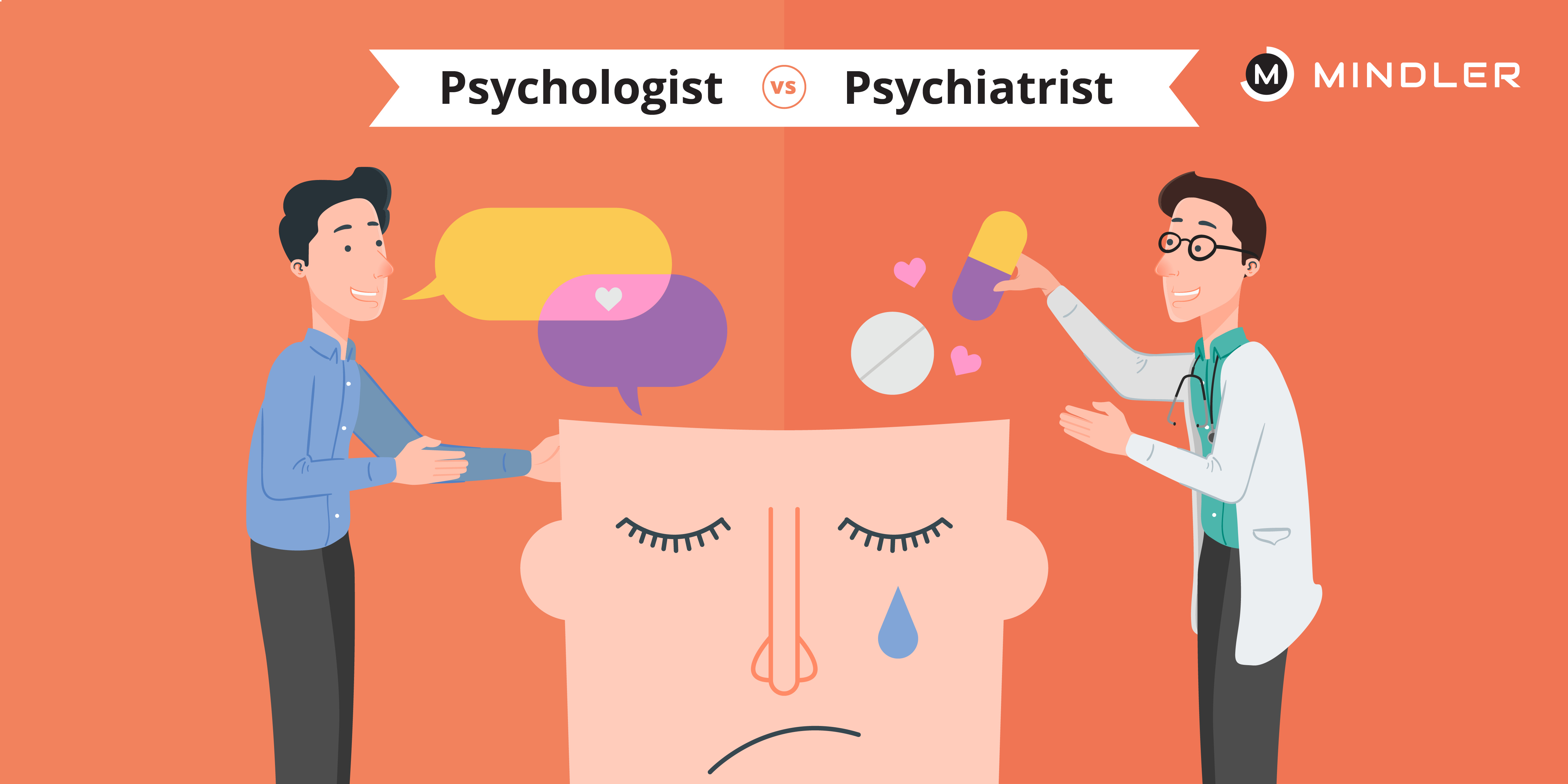Discovering the Secrets of the Best Psychologist in Delhi for Anxiety Alleviation
Discovering the Secrets of the Best Psychologist in Delhi for Anxiety Alleviation
Blog Article
Psych Treatment: A Comprehensive Overview to Strategies and End Results

Cognitive-Behavioral Therapy
Cognitive-Behavioral Therapy (CBT) is an extensively made use of psychotherapeutic method that concentrates on determining and modifying inefficient reasoning and habits patterns. Established in the 1960s by Aaron T. Beck, CBT integrates cognitive and behavioral concepts to attend to different psychological health and wellness problems, consisting of anxiety, anxiety, and stress-related conditions.
Strategies such as cognitive restructuring, direct exposure therapy, and skill-building workouts are generally utilized. Cognitive restructuring entails difficult and altering adverse thought patterns, while direct exposure treatment aims to reduce anxiety and anxiousness with progressive exposure to been afraid scenarios or items.
Evidence-based research study supports the effectiveness of CBT for a vast array of psychological disorders - Best Psychologist in Delhi. Its emphasis on ability acquisition and self-help methods equips customers to continue progression separately after therapy ends. The versatility and effectiveness of CBT have actually made it a foundation in modern psychotherapeutic practice
Psychodynamic Approaches
Rooted in the very early concepts of Sigmund Freud, psychodynamic methods focus on discovering the unconscious mind and its impact on habits and feelings. These methods intend to uncover concealed ideas and feelings that may be driving maladaptive actions and emotional distress. Central to this technique is the concept of internal conflict, often originating from unresolved past experiences, specifically those from childhood.
Therapists using psychodynamic strategies employ a number of vital methods, including free association, where people are encouraged to speak easily to disclose subconscious material, and dream analysis, which translates the unrealized content of desires. In addition, the exploration of transference and countertransference dynamics within the restorative partnership is crucial. These interactions can supply understandings right into the patient's internal world and relational patterns.
Psychodynamic therapy is normally longer-term contrasted to various other methods, offering a detailed and deep understanding of the person's subconscious. Study shows that it can be specifically reliable for complex psychological health issues, such as personality disorders and chronic depression. By cultivating self-awareness and psychological understanding, psychodynamic treatment looks for to bring subconscious material to consciousness, enabling individuals to attain lasting and purposeful adjustment in their lives.
Humanistic Strategies
Building on the foundations laid by psychodynamic approaches, humanistic strategies supply an unique perspective concentrated on individual prospective and self-actualization. Coming from in the mid-20th century, these methods prioritize the inherent benefits and development capacity of individuals, emphasizing an alternative view of human experience. Trick figures such as Carl Rogers and Abraham Maslow have dramatically influenced this healing strategy, which incorporates techniques like client-centered treatment and Gestalt therapy.
Client-centered treatment, established by Rogers, plays an essential function in humanistic strategies. It counts on the specialist supplying an environment of unconditional favorable respect, empathy, and harmony. This cultivates a risk-free room for customers to explore their feelings and experiences without judgment, assisting why not try here in self-discovery and individual growth. The therapist's function is even more of a facilitator than an authority, encouraging customers to harness their internal sources for recovery.
Gestalt treatment, another important humanistic method, stresses present moment understanding and the integration of mind and body. By focusing on the "right here and now," clients gain greater understanding right into their current emotions and habits. Techniques such as role-playing and guided visualization are frequently employed to aid clients obtain a deeper understanding of themselves, eventually bring about enhanced self-awareness and satisfaction.
Integrative Therapies
Integrative treatments represent a synthesis of various healing techniques tailored to fulfill the unique requirements of each customer. This strategy recognizes the intricacy of human psychology and the complex nature of mental health issues. By integrating elements from different colleges of psychiatric therapy-- such as cognitive-behavioral therapy (CBT), psychodynamic treatment, and humanistic approaches-- integrative therapies offer a more holistic and flexible therapy standard.
Practitioners of integrative therapy evaluate each client's certain requirements, symptoms, and individual history to design a personalized therapy strategy. This customized method enhances the capacity for therapeutic success by attending to the source of mental distress and advertising general wellness. Techniques could include mindfulness exercises, cognitive restructuring, and emotional handling, each chosen to target various elements of the customer's concerns.
Moreover, integrative therapies stress the therapeutic partnership, watching the client-therapist bond as a vital part of effective treatment. This connection cultivates a supportive setting where clients feel risk-free to discover and address their problems. The versatility of integrative therapies makes them suitable for a wide series of conditions, consisting of anxiety, anxiety, trauma, and social problems, consequently raising their applicability and performance in diverse medical settings.

Gauging Therapy Outcomes
Evaluating the effectiveness of psychiatric therapy is important for both clients and clinicians to make sure that the treatment is producing the preferred outcomes. To accomplish this, various techniques and devices are used to measure therapy end results systematically. Standardized analysis tools, such as the Beck Depression Supply (BDI) and the Generalized Anxiety Condition 7 (GAD-7), give measurable information on sign seriousness and changes in time.
Along with standardized devices, qualitative techniques like client self-reports and medical interviews offer important understandings right into the individual experiences and regarded progress of customers. Regularly arranged check assessments, typically at the beginning, axis, and end of therapy, assistance in tracking the trajectory of enhancement or recognizing locations requiring modification.
Outcome dimension is not restricted to symptom decrease; it also includes practical improvements in every day life, such as much better interpersonal partnerships, enhanced work productivity, and enhanced overall wellness. Modern improvements in electronic wellness have actually presented mobile applications and on the internet platforms that assist in real-time tracking and comments, even more fine-tuning the evaluation procedure.
Inevitably, a thorough approach to gauging treatment outcomes makes certain that therapeutic treatments work, reliable, and tailored to meet the individual demands of customers, thus enhancing the overall healing experience.
Verdict
Psychiatric therapy provides a multifaceted array of strategies focused on dealing with specific psychological health and wellness issues and enhancing total wellness. try this site Cognitive-Behavioral Therapy and psychodynamic strategies target subconscious influences and useless ideas, respectively. Humanistic strategies focus on individual development and self-actualization, while integrative therapies incorporate several methods for tailored treatment strategies. Examining therapy end results through standard evaluations and qualitative methods guarantees a thorough understanding of efficiency, ultimately directing customers towards withstanding psychological health improvements.
From the structured method of Cognitive-Behavioral Treatment (CBT) to the deep expedition of the subconscious in psychodynamic therapy, each technique brings special advantages. Its focus on ability acquisition and self-help techniques equips customers to proceed progression independently after therapy concludes (Best Psychologist in Delhi). Secret figures such as Carl Rogers and Abraham Maslow have substantially influenced this restorative strategy, which incorporates approaches like client-centered treatment and Gestalt treatment

Report this page